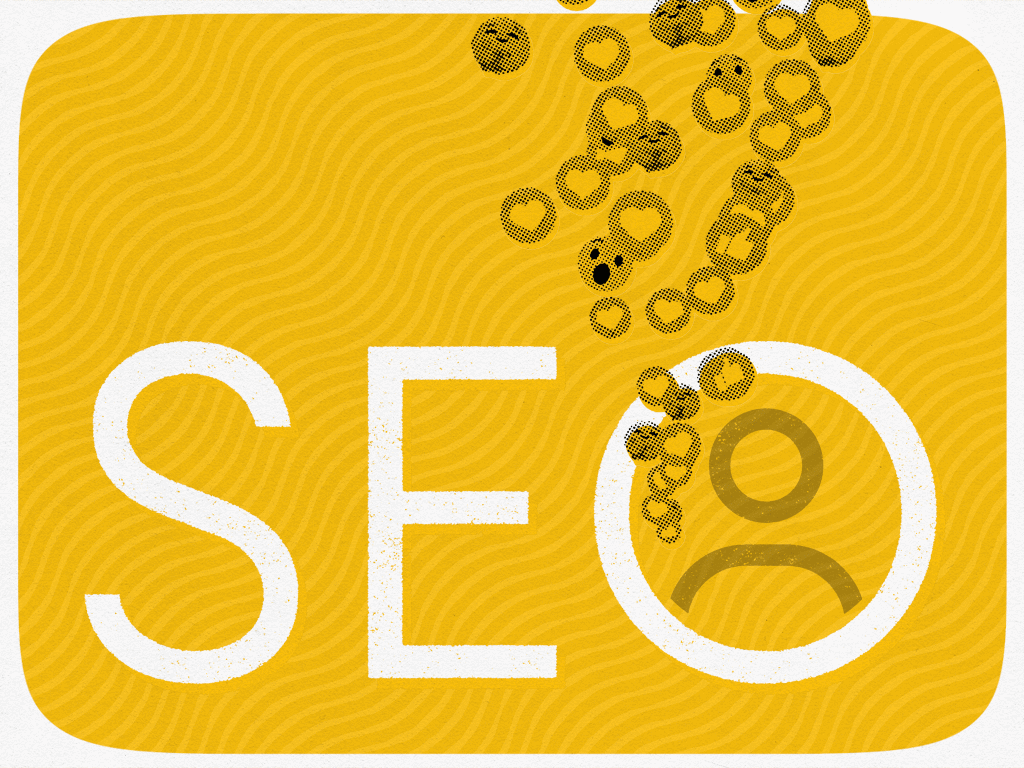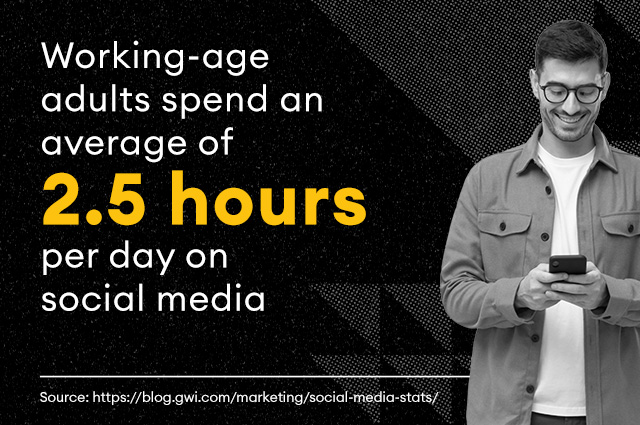The allure of influencer marketing is undeniable. Just like organic SEO, influencer marketing can bring brands amplified awareness, improved engagement metrics, and perhaps most importantly, a boost in conversion rates.
Influencer marketing and SEO can even be powerful tools when used strategically and in concert with each other. However, relying on influencer marketing to improve your organic reach can be complicated.
How do influencer marketing and SEO work together?
Though distinct players in the marketing game, influencer marketing and SEO share a complicated relationship. Even Google has acknowledged the link between the two strategies. Both SEO and influencer marketing offer unique advantages and challenges, and understanding the complex relationship between them is key to unlocking the full potential of both.
Here’s how influencer marketing and SEO can complement each other:
- Increased brand awareness: Both strategies aim to get your brand in front of more people. Influencer marketing leverages influencers’ established audiences, while SEO optimizes your website for search engines, making it more discoverable to an even broader audience.
- Improved brand trust: Positive influencer endorsements can build trust with their audience, which can translate to your brand. Similarly, high-quality, informative content created for SEO can signal trust to search engine algorithms, not only boosting your rankings, but potentially earning you visibility among Google’s rich results and establishing the expertise of your brand.
- Content creation: Influencers can create valuable content (e.g., blog posts, social media posts) featuring your brand, which you can then leverage on your website or social media for SEO benefits.
- Backlinks: If influencers link to your website in their web-based content, it can boost your SEO ranking through high-quality backlinks. (But remember, most social media links are “no-follow” and won’t count as backlinks.)
Here’s how influencer marketing and SEO are different
- Sustainability: Influencer marketing often delivers short-term bursts of traffic and engagement, while SEO aims for long-term, sustained organic growth.
- Control: You have limited control over influencer content and messaging, while you have full control over your website and its SEO strategy.
- Scalability: Reaching a large audience through influencer marketing can be expensive, while SEO can be scaled more efficiently with ongoing effort.
- Measurement: Measuring the direct impact of influencer marketing can be complex, while SEO metrics are typically more well-defined and trackable.
You might summarize the relationship and differences between influencer marketing and SEO like this: use influencer marketing for building brand awareness, social proof, and potentially generating high-quality content. Use SEO for building long-term organic traffic, establishing your brand as an authority, and improving overall website visibility. And of course, let’s not forget the links between SEO and social media, too!
Let’s talk about Lashgate and its impact on SEO
TikTok beauty influencer, Mikayla Noguiera, is no stranger to controversy, but last year’s “Lashgate” has gone down in social media history. In early 2023, Nogueira posted a TikTok video review, in paid partnership with L’Oreal, showing off the conspicuous results of the brand’s new Telescopic Lift mascara. But the drama began to unfold when another app user posted a video asserting she had proof that Nogueira was wearing artificial eyelashes — specifically Ardell Wispies — in her review, which cast doubt on the mascara’s results. Nogueira posted the review that inspired Lashgate on Jan. 24, 2023. As of Jan. 24, 2024, exactly one year later, the video has garnered more than 60.5 million views on TikTok.
According to organic search data from SEMRush, “Telescopic Lift Mascara” was searched 320 times in January 2023 (before Lashgate and shortly after the product launched). Monthly searches jumped to 5,400 in March 2023 as the drama peaked, and as of January 2024, the phrase has averaged 9,900 searches per month.
Even though the search volume for the product exploded by more than 4,200%, it’s not all good news. Branded search volume for the product largely included long-tail modifiers like “drama,” “controversy,” and “fake reviews.”
On the flip side: What happened to Wispies?
Ardell false eyelashes hit the market more than half a century ago and have been a beauty industry favorite since. However, they have a slightly different SEO story to tell.
Let’s look at monthly search volumes for the term “Ardell Wispies”:
- January 2023 (before Lashgate): 5,400
- March 2023 (peak of Lashgate): 6,600
- January 2024 (1 year after Lashgate): 5,400
Even though Noguiera’s paid partner was L’Oreal and not Ardell, the latter benefited from a modest-but-fleeting lift in monthly search volume when interest in the Lashgate controversy peaked. And this is how influencer marketing, regardless of hype or drama, typically works: a brand or product will see a surge in organic search volume and traffic after a product goes viral, but these figures fall back to the status quo when the hype dies down.
While the short-term impact of influencer marketing can drive a rapid, short-term increase in brand visibility that could translate to a temporary positive impact on your brand’s bottom line there are no guarantees except that results will be fleeting. Long-term organic search success comes from investing in a healthy, ongoing SEO strategy.
Connecting the dots between influencer marketing and SEO for long-term growth
Now that we’ve unraveled some of the nuances in the complex relationship between influencer marketing and SEO. Here are some actionable steps to craft a strategy that maximizes the potential of both to amplify your brand’s reach and build lasting organic visibility:
1. Align your influencers with your SEO goals:
- Consider micro-influencers: They often engage in deeper connections with their audiences, creating content that feels more authentic and resonates better with search engines.
- Prioritize content quality over reach: Choose influencers who align with your brand values and can create informative, engaging content that optimizes for relevant keywords.
- Invest in evergreen topics: Don’t just chase fleeting trends. Collaborate on content that has long-term appeal and relevance, offering lasting value to your audience and search engines alike.
2. Capitalize on content synergies and measure impact:
- Repurpose influencer-generated content: Share their social media posts, blog articles, or video snippets on your website and optimize them for relevant keywords.
- Leverage backlinks: Encourage influencers to link to your website within their content, providing valuable backlinks that boost your SEO ranking.
- Track and analyze: Use analytics tools to monitor the performance of your influencer campaigns, both in terms of audience engagement and organic search traffic.
3. Build a robust SEO foundation to sustain the momentum:
- Optimize your website: Ensure your website is technically sound, with fast loading times and mobile-friendliness. Incorporate relevant keywords strategically throughout your website content.
- Focus on quality backlinks: Beyond influencer partnerships, actively pursue high-quality backlinks from reputable websites in your niche.
- Create valuable content consistently: Don’t rely solely on influencer content. Publish informative blog posts, articles, and other valuable resources on your website to demonstrate your brand’s expertise and attract organic traffic.
- Learn from the best: Want to see how influencer marketing and SEO work together first hand? Look at SEO influencers to see how it’s done.
Influencer marketing and SEO are both powerful tools, but don’t rely on influencers alone to expect long-term results. By implementing these actionable steps and a strong SEO strategy, you can leverage their combined strengths to build a brand that shines online, both in the spotlight of an influencer’s collaboration and in the steady glow of long-term organic success.
Ready to see for yourself? Let’s discuss how a full-funnel marketing program leveraging organic SEO can equal outstanding experiences and ongoing success. Here’s to the start of a great partnership.





